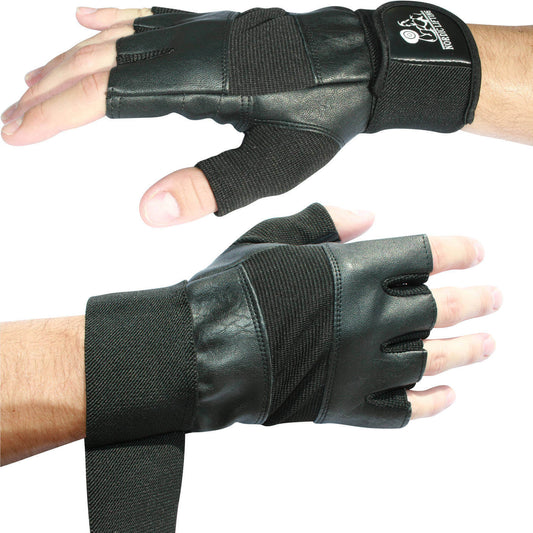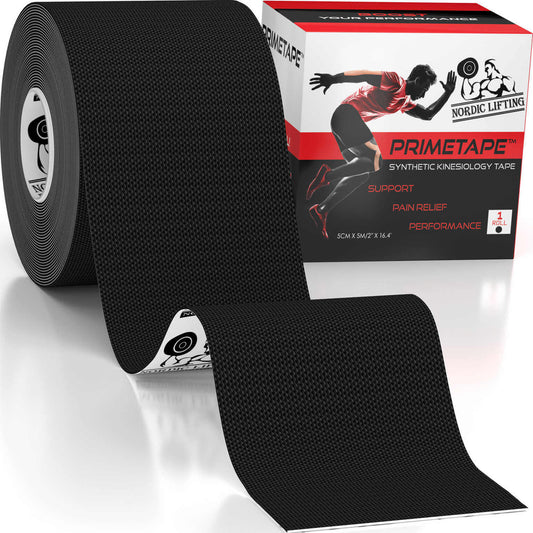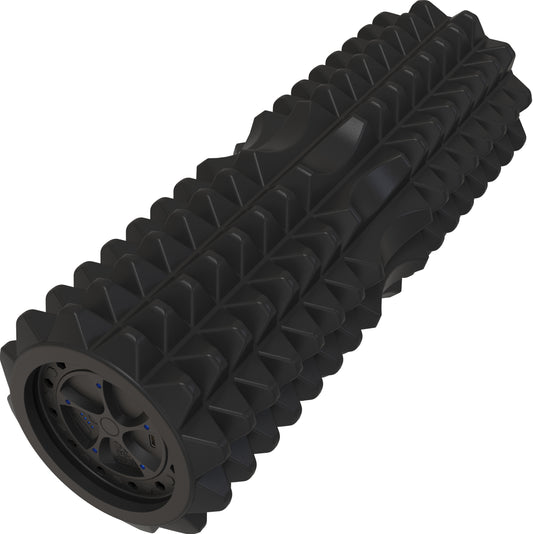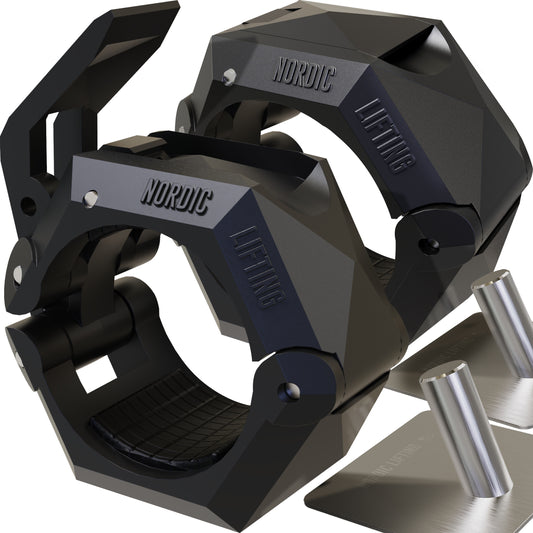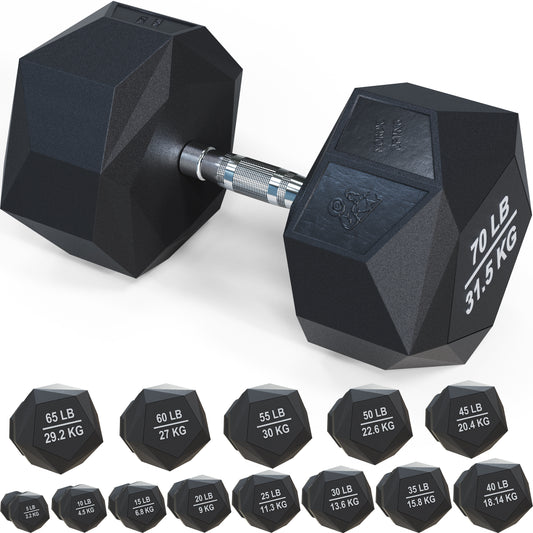Last Update: February 10, 2025
Setting realistic fitness goals is essential for anyone looking to improve their health and well-being. By focusing on achievable objectives, individuals can create a clear path to success and sustain their motivation throughout their fitness journey. Many people set vague resolutions that can feel overwhelming, but breaking down these goals into specific, measurable steps can lead to greater results and satisfaction.
In this article, readers will discover practical ideas for realistic fitness goals that anyone can adopt. Whether the aim is to enhance strength, increase stamina, or simply feel better overall, these ideas are crafted to encourage steady progress. The journey to improved health and fitness should not be daunting, and with the right goals in place, each step can bring individuals closer to their desired outcomes.
By establishing smart fitness goals and tracking progress regularly, anyone can adapt their approach as needed. This not only helps in maintaining motivation but also supports a healthier lifestyle in the long run.
Key Takeaways
- Setting realistic goals is vital for a successful fitness journey.
- Tracking progress helps in adapting goals for better results.
- Achievable objectives lead to sustainable motivation and health improvements.
Setting Up for Success
To achieve fitness goals, it’s important to establish a strong foundation. This includes understanding how to set effective goals, assessing one’s current fitness levels, and creating a balanced workout routine. Each step contributes significantly to long-term success.
Understanding SMART Goals
SMART goals are a helpful way to create effective fitness targets. They should be Specific, Measurable, Achievable, Relevant, and Time-bound. For example, aiming to walk 10,000 steps a day is specific and measurable. A person may set a time limit, like reaching that goal in three months.
Setting short-term goals can boost motivation. These might include completing a certain number of strength training exercises each week or achieving an increase in upper body strength. By keeping goals clear and focused, they become easier to track and achieve.
Assessing Fitness Levels
Assessing current fitness levels is essential for designing an effective routine. Individuals should evaluate their cardiovascular endurance, core strength, and muscular endurance. This evaluation can help identify specific areas that need improvement.
To assess fitness, consider simple tests like timed cardiovascular exercises or bodyweight movements. For instance, counting how many push-ups one can do in a minute can give insight into upper body strength. Recognizing strengths and weaknesses will guide the development of a tailored workout plan.
Creating a Balanced Routine
A balanced fitness routine should include various components. Strength training exercises, cardiovascular exercises, and flexibility work, like stretching or yoga, are crucial. Scheduling workouts regularly helps build consistency and reduces the risk of burnout.
Incorporating interval training can enhance cardiovascular fitness and keep workouts engaging. It is also beneficial to include rest days to promote mental well-being and physical recovery. This thoughtful approach ensures that a person is working towards multiple fitness areas and maintains an enjoyable workout experience.
Tracking and Adapting
Tracking progress and making necessary adjustments are essential for achieving fitness goals. Continuous monitoring helps identify what works and what needs change. Adapting the approach keeps the journey engaging and effective.
Measuring Your Progress
To measure progress effectively, utilize a fitness tracker. This device can log activities, monitor heart rate, and track sleep patterns. By analyzing this data, he can gain insights into workouts and recovery times.
Setting measurable markers like body fat percentage and lean muscle mass provides specific targets. He should weigh in regularly and take body measurements. It’s also beneficial to keep a journal to note workouts, hydration goals, and diet changes.
Visual tools can enhance motivation. Graphs and charts can reveal trends over time, making achievements clear and tangible.
Overcoming Plateaus
Plateaus can be frustrating during any fitness journey. They often occur when the body adapts to a routine. To overcome this, he should consider changing workouts, such as trying new fitness classes or adjusting intensity levels.
Incorporating a workout buddy can also provide fresh motivation. They can challenge each other and make sessions more enjoyable. Additionally, focusing on flexibility through stretching can improve overall performance and reduce injuries.
Rest days are vital too. They allow the body to recover and rebuild muscle. He should schedule regular rest days to help push past these plateaus effectively.
Staying Motivated
Staying motivated is crucial for long-term success. Setting hydration goals can promote wellness, encouraging him to drink more water daily. Keeping hydrated supports energy levels and performance.
Finding a workout buddy may enhance accountability. They can share progress and celebrate small victories together.
Creating a rewards system can also keep spirits high. Celebrating milestones, whether big or small, reinforces commitment.
Tracking resting heart rate over time can show improvements in fitness levels. As it lowers, it’s a sign of better heart health, adding another reason to stay focused and committed.
Frequently Asked Questions
Setting realistic fitness goals involves understanding individual needs and circumstances. The following questions address common concerns and provide specific guidance for different groups.
What are some specific fitness goals for a beginner to aim for?
Beginners might focus on attainable objectives like completing a 20-minute workout three times a week. They can also aim to incorporate daily activities like walking 10,000 steps. Drinking more water and improving flexibility through stretching are good targets too.
How can students balance fitness goals with their studies?
Students can plan short, efficient workouts that fit their schedules. Setting aside just 30 minutes for exercise a few times a week can help maintain a balance. Joining a fitness class or finding a workout buddy can also keep them motivated.
What are some common long-term fitness goals to aspire to?
Common long-term goals include running a half marathon or achieving a specific weightlifting milestone. Increasing overall strength and endurance over several months is also a popular target. Many aim for weight loss or maintaining a healthy body composition as a key goal.
How do women approach setting fitness goals compared to men?
Women often set goals focusing on health and well-being alongside physical performance. They may prioritize body tone and endurance, whereas men might lean towards strength and muscle gain. Both groups can benefit from personalizing their goals to fit their lifestyle.
What steps should be taken to set a realistic and achievable fitness goal?
Setting a realistic goal starts with assessing current fitness levels. Individuals should consider their lifestyle, time availability, and existing commitments. Making goals SMART—specific, measurable, achievable, relevant, and time-bound—can offer clarity and direction.
How can you create a fitness plan that aligns with realistic body aspirations?
Creating a fitness plan involves understanding personal desires and limits. This can include scheduling workouts that fit into a weekly routine and mixing different types of exercise. Regularly reviewing progress and adjusting goals as needed keeps motivation high and plans effective.








